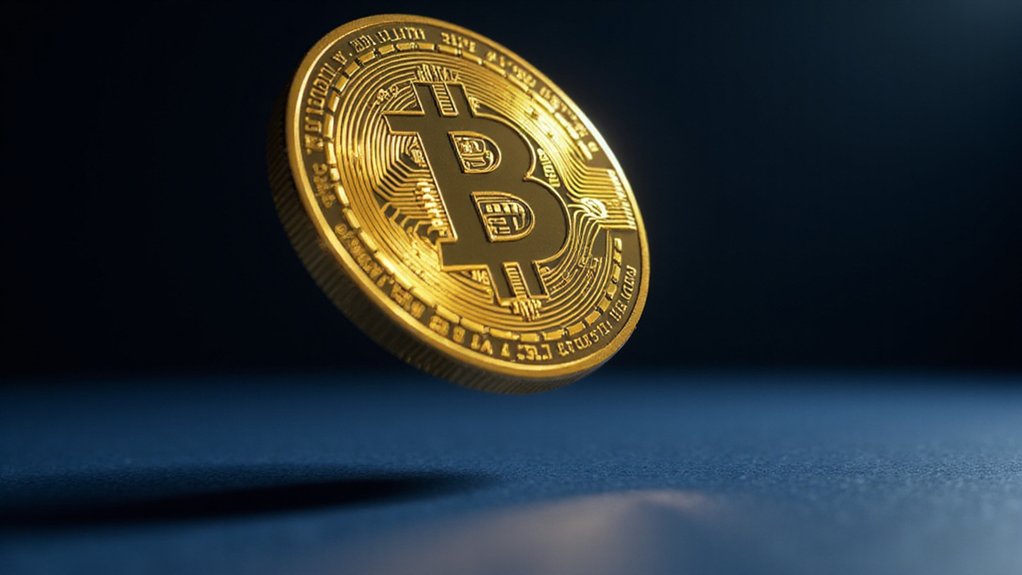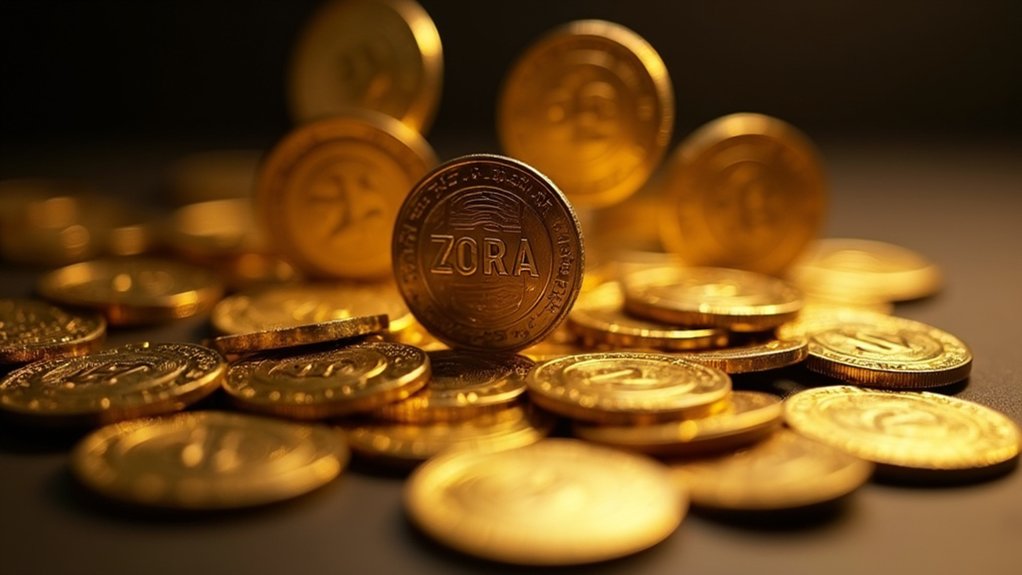While most decentralized finance projects struggle to capture mainstream attention beyond crypto’s echo chambers, World Liberty Financial (WLF) has taken the rather unconventional approach of leveraging presidential star power to bootstrap its user base. The project, which positions itself as a USD1-powered financial ecosystem operating around the clock, represents an intriguing fusion of political celebrity and blockchain technology—though whether this constitutes genuine innovation or elaborate marketing theater remains an open question.
The WLFI governance token, built on Ethereum’s ERC-20 standard with a total supply of 100 billion tokens, initially launched with a peculiar constraint: holders couldn’t actually transfer their tokens. This non-transferability feature effectively created a financial instrument that functioned more like a membership card than a traditional cryptocurrency, granting voting rights on governance proposals while explicitly denying economic benefits such as dividends or profit-sharing.
However, the project has announced plans to enable token transfers, marking a significant shift that could fundamentally alter its market dynamics. This change from non-transferable governance tokens to tradable assets represents more than a technical update—it signals a move toward conventional DeFi tokenomics, potentially increasing liquidity and broadening investor participation.
The token distribution reveals a calculated approach to community building: 35% allocated for token sales, 32.5% reserved for community growth and incentives, 30% designated for initial supporters, and a modest 2.5% for team members and advisors. This structure suggests the project prioritizes external engagement over internal enrichment, though the substantial allocation to “initial supporters” raises questions about who exactly comprises this favored cohort.
The decision to make WLFI tokens tradable aligns the project more closely with established DeFi governance models, where token holders typically expect both voting rights and potential financial upside. Whether this shift stems from community pressure, regulatory considerations, or simple market realities remains unclear, but it certainly makes the project more palatable to investors accustomed to liquid assets.
As WLF prepares for this change, the convergence of political branding and decentralized finance continues to test the boundaries of both industries, creating a fascinating case study in how celebrity endorsement intersects with blockchain innovation. The celebrity-backed nature of this project places it within the broader category of meme coins, which have demonstrated the power of social currency and community building despite their often volatile performance.





